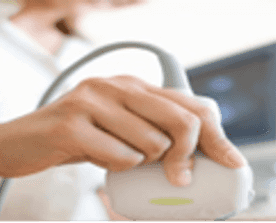
8 reasons patients don't take their medications
Medication nonadherence—when patients don’t take their medications as prescribed—is unfortunately fairly common, with research showing that patients don’t take their medications as prescribed about half the time. The phenomenon has added consequences for patients with chronic disease.
Fear: Patients may be frightened of potential side effects. They may have also experienced previous side effects with the same or similar medicine. Additionally, patients report not taking their medication because they may have witnessed side effects experienced by a friend or family member who was taking the same or similar medication
Misunderstanding: Nonadherence can also happen when a patient does not understand the need for the medicine, the nature of side effects or the time it takes to see results.
Too many medications: When a patient has several different medicines prescribed with higher dosing frequency, the chances that they are nonadherent increase.

Lack of symptoms: Nonadherence might occur when there is a lack of symptoms. Patients who don’t feel any different when they start or stop their medicine might see no reason to take it.
Mistrust: There has been news coverage of marketing efforts by pharmaceutical companies influencing physician prescribing patterns.
Worry: If a patient is concerned about becoming dependent on a medicine, it can also lead to nonadherence. One way to overcome this is to improve patient-physician communication.
Cost: A major barrier to adherence is often the cost of the medicine prescribed to the patient.
Depression: Patients who are depressed are less likely to take their medications as prescribed. Physicians and other health professionals may be able to uncover this by sharing issues and asking if the patient can relate to it.
With this toolkit, physicians will learn to recognize the importance of developing a routine process for inquiring about medication adherence and patient involvement in treatment plans.
SCAC 03/23 CAR 004 MPAD
To Now More : click here
SCAC 03/23 CAR 004 MPAD
It can also interest you
Article
Article
Article

Keep up to date with our content
Subscribe to our newsletter so that you are always up to date with the news.



